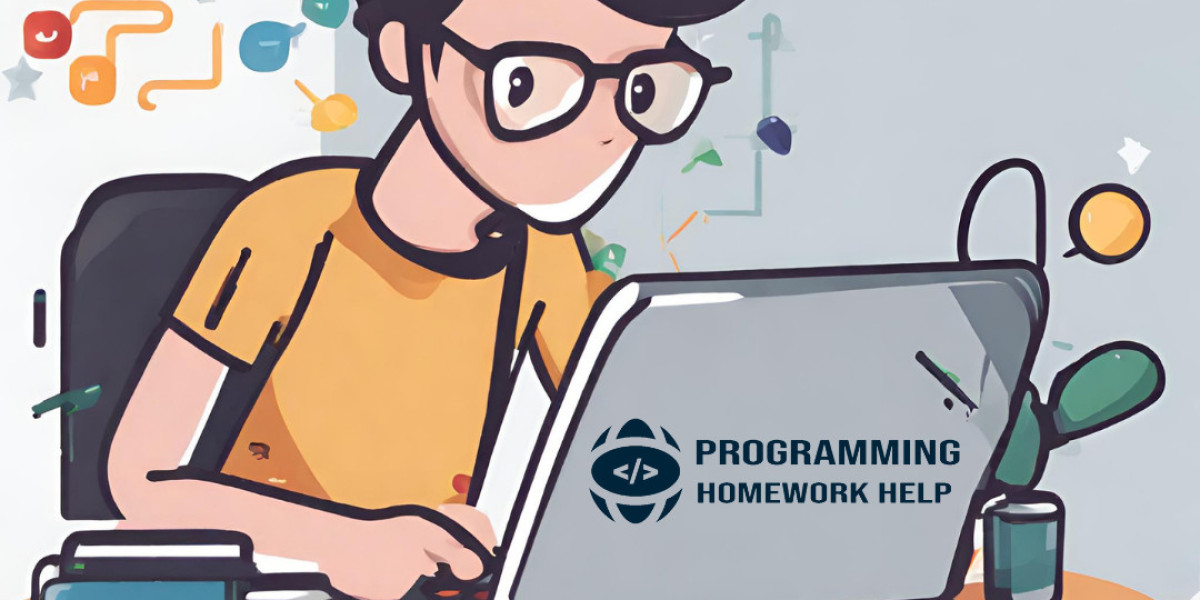Plagiarism is a serious offense in academia and can have severe consequences. It occurs when someone uses another person's ideas, words, or work without giving them proper credit. In academic writing, maintaining originality and properly citing sources is crucial to uphold academic integrity and avoid plagiarism.
Introduction
Plagiarism can be defined as the act of presenting someone else's work or ideas as your own without proper attribution. It is often seen as a form of intellectual theft and is considered unethical in academic and professional settings. Avoiding plagiarism is essential to maintain academic honesty and integrity.
Understanding Plagiarism
There are different types of plagiarism, ranging from direct copying to paraphrasing without proper citation. Whether intentional or unintentional, plagiarism can result in serious consequences, including academic penalties and damage to one's reputation.
Tips to Avoid Plagiarism
Paraphrasing and Summarizing
When using someone else's ideas or information, it is important to paraphrase or summarize them in your own words. This demonstrates your understanding of the material and helps to avoid plagiarism. However, it is crucial to still provide proper citation to the original source.
Citing Sources Properly
Proper citation is essential in academic writing to give credit to the original authors and avoid plagiarism. Different citation styles, such as APA, MLA, Chicago, and Harvard, have specific guidelines for citing various types of sources, including books, journals, and websites.
Using Plagiarism Detection Tools
Plagiarism detection tools can help identify any instances of plagiarism in your writing. These tools compare your work against a vast database of published materials to highlight any similarities. Popular plagiarism checkers include Turnitin, Grammarly, and Copyscape.
Developing Good Research Habits
Effective research habits can help prevent plagiarism by ensuring that you gather and document information properly.
Organizing Research Materials
Organize your research materials systematically to keep track of sources and citations. This will make it easier to reference them when writing your assignment and avoid accidental plagiarism.
Taking Effective Notes
When taking notes from sources, be sure to record the information accurately and include citation details. This will help you distinguish between your own ideas and those borrowed from others.
Creating Original Content
Generating Ideas
Before starting your assignment, spend time brainstorming and generating original ideas. This will reduce the temptation to plagiarize and ensure that your work is authentic and insightful.
Adding Personal Insights and Analysis
Incorporate your own thoughts and analysis into your writing to make it unique. Providing personal insights demonstrates your understanding of the topic and adds value to your assignment.
Understanding Referencing Styles
Different academic disciplines use different referencing styles, such as APA, MLA, Chicago, and Harvard. Familiarize yourself with the specific guidelines for your field and ensure that you follow them consistently throughout your assignment.
Seeking Help When Needed
If you are unsure about how to properly cite a source or have questions about avoiding plagiarism, don't hesitate to seek help.
Consulting with Instructors or Mentors
Your instructors or mentors are valuable resources who can provide guidance on academic writing and citation practices.
Utilizing Writing Centers or Tutoring Services
Many universities offer writing centers or tutoring services where you can get assistance with academic writing, including avoiding plagiarism.
Proofreading and Editing
Before submitting your assignment, be sure to thoroughly proofread and edit it for errors and plagiarism.
Checking for Unintentional Plagiarism
Review your writing carefully to ensure that you have properly cited all sources and accurately represented others' ideas.
Polishing the Assignment Before Submission
Utilizing Plagiarism Checkers
Plagiarism checkers can help you identify any instances of plagiarism in your assignment before submitting it.
Importance of Running Plagiarism Checks
Running plagiarism checks before submission can help you catch any unintentional plagiarism and make necessary revisions.
Recommended Plagiarism Detection Tools
There are several plagiarism detection tools available online, such as Turnitin, Grammarly, and Copyscape, that can help you ensure the originality of your work.
Developing Ethical Writing Practices
Maintaining ethical writing practices is essential to avoid plagiarism and uphold academic integrity.
Understanding Academic Integrity
Academic integrity involves honesty, fairness, and responsibility in academic pursuits. It requires students to produce original work and properly cite sources.
Respecting Intellectual Property Rights
Respecting the intellectual property rights of others is crucial in academic writing. Always give credit to the original authors and obtain permission when necessary.
Consequences of Plagiarism in Academic Settings
Plagiarism can have serious consequences in academic settings, ranging from failing grades to expulsion.
Academic Penalties
Universities often have strict policies regarding plagiarism and impose penalties for academic dishonesty, including failing grades or suspension.
Damage to Reputation and Credibility
Plagiarism can damage your reputation and credibility as a student or researcher. It undermines trust and integrity and can have long-term consequences for your academic and professional career.
Case Studies
Examining real-life examples of plagiarism cases can provide valuable insights into the consequences and pitfalls of plagiarism.
Real-Life Examples of Plagiarism Cases
Case studies highlight the various forms of plagiarism and the repercussions faced by those who engage in it.
Lessons Learned from These Cases
By analyzing plagiarism cases, students can learn valuable lessons about the importance of academic integrity and the consequences of plagiarism.
Educational Resources and Workshops
Taking advantage of educational resources and workshops can help students improve their writing skills and avoid plagiarism.
Online Tutorials and Guides
Many universities offer online tutorials and guides on academic writing and citation practices. These resources provide valuable tips and examples to help students improve their writing skills.
Attendance at Plagiarism Workshops
Attending plagiarism workshops can provide students with practical strategies for avoiding plagiarism and maintaining academic integrity.
Conclusion
Avoiding plagiarism is essential for academic success and maintaining integrity in scholarly pursuits. By following the tips outlined in this article and developing good research and writing habits, students can ensure that their work is original, properly cited, and free from plagiarism.
FAQs
What is plagiarism?
Plagiarism is the act of using someone else's work or ideas without proper attribution, passing them off as your own.
What are the consequences of plagiarism?
The consequences of plagiarism can include failing grades, academic penalties, damage to reputation, and loss of credibility.
How can I avoid unintentional plagiarism?
To avoid unintentional plagiarism, be sure to properly cite all sources used in your writing and carefully distinguish between your own ideas and those borrowed from others.
Are there any free plagiarism detection tools available?
Yes, there are several free plagiarism detection tools available online, such as Grammarly and DupliChecker.
What should I do if I suspect plagiarism in my own work?
If you suspect plagiarism in your own work, review your writing carefully, and ensure that all sources are properly cited. You can also use plagiarism detection tools to check your work for similarities with existing content.
Writer Bio:
Ellie Cross is a Content Manager at this prestigious organization, assisting students for a long time. Since its inception, I have been part of Buy Assignment Online and have seen all the ups and downs it has faced in all those years. I manage a growing team of great writers and content marketers who contribute to a great extent to helping students with their academics.








